President's Commentary: Social Media Is the Fire of This Era, and We Are Getting Burned
Social media is a tool that can provide both positive and negative impacts. These include national security implications.
The discovery and taming of fire changed the way humans lived. Its broad range of uses came with both benefits and hazards. It could enable life in harsh environments, but it could also serve as an instrument of destruction. The same dichotomy holds true with social media today, but its ill effects cannot be easily extinguished.
Social media is a tool that can provide both positive and negative impacts. These include national security implications. Social media offers the capability to speed up message delivery as well as to broadcast to a potentially large audience. A small group can connect easily with the greater society to accelerate social or political change, for better or worse. And it can prove invaluable to crisis response in a disaster.
Many of its negatives are plainly apparent. It can be used to bully and intimidate people and organizations, particularly by spreading false or misleading information, often without accountability. And its effects can last forever, especially in cyberspace. A Twitter message is limited to 280 characters, but that message can put forth a powerful yet superficial point of view without any context. This has proved particularly effective for reaching the “useful idiots” that echo any propaganda thrust that appeals to their interest, instincts or desires.
With the emerging tools of artificial intelligence and machine learning, social media also can distribute distorted information to focused audiences, even individuals. This malevolent information is often used to divide the populace into select groups or tribes instead of a united community.
The haunting question is, in a 280-character world, where does one go to find the truth? Unfortunately, it is often suppressed in lies and misinformation and disinformation.
Social media is having a major impact on the news media reporting as well, both electronic and print. One recent study illuminated how many news reporters are strongly influenced, or even cued, by social media sources. The result is that the fourth estate has often become an unwitting host of misinformation and disinformation.
Social media is reinforcing the movement to a singular thought, as people tend to gravitate toward others who think the same way they do. As a result, the accumulated power of information in the hands of a controlling few can turn the masses whichever way their thought masters wish.
The larger commercial social media entities have accumulated a large amount of information that can serve as valuable ammunition in influencing the public. People rightfully have been wary of government collecting too much personal data on them, but these media and technology companies are collecting, in the aggregate, much more information than the government, and often to unknown ends. This, in turn, potentially puts immense power in the hands of small, influential bodies and their leaders that heretofore resided in the purview of duly authorized and elected officials.
Social media’s military implications have been demonstrated by Russia and China. Russia has used social media to spread propaganda and conduct information operations at all levels of conflict. From political campaigns and influence operations to outright support of military actions, social media has served the Russian government’s aims well. The comprehensive communist propaganda machine wielded by the Soviet Union during the Cold War pales when compared to Russia’s ongoing social media successes.
China is taking a somewhat different approach. Ironically, Europe has been the font of some of the better online privacy regulations in the industrialized world. These are aimed at limiting the control that social media and information technology companies have over their customer’s personal and corporate information. The irony is that some European nations are now considering embracing Chinese companies for communications modernization, particularly 5G. Through internal Chinese political and economic relationships and decrees, the Chinese government will potentially have the ability, using their corporate surrogates, to collect vast amounts of information over these networks. In turn, this information could be used to shape political, security and economic decisions as well as affect personal decisions and freedoms across a broad swath.
It will take a more enlightened society to address social media challenges. The solution starts with the individual. We need to find a way to break down the soda straws through which people look only at the pieces of information that buttress their opinions. This will entail developing programs that empower people to objectively evaluate the trustworthiness of information sources. This starts at home and in our schools. Among other things, this effort would emphasize critical thinking skills that teach people to be more analytical and less emotional—a lost art. We need to focus on the message, not the mechanism, if the truth is not to be burned beyond all recognition.
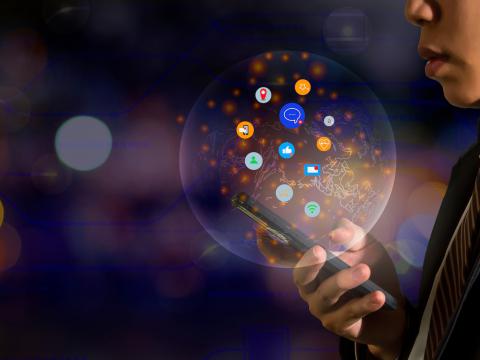


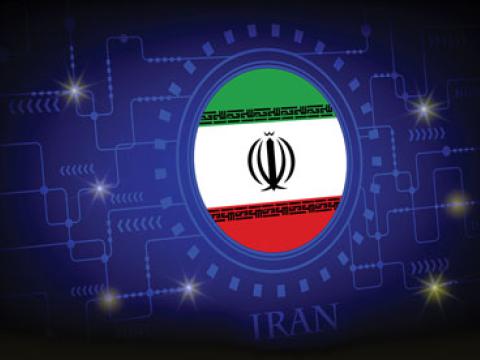
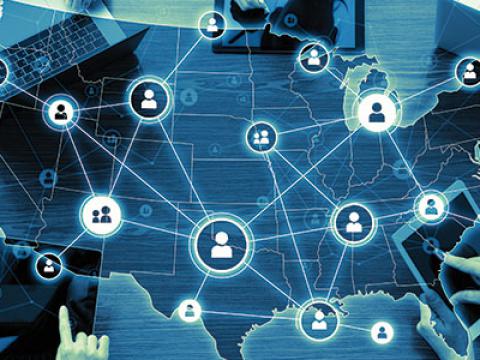
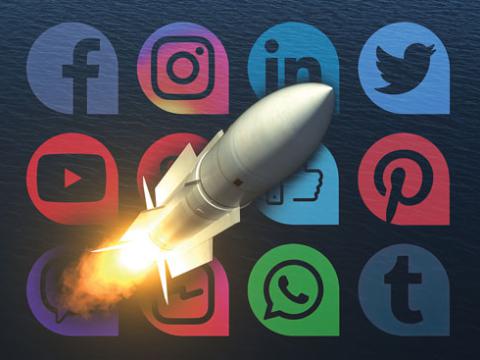
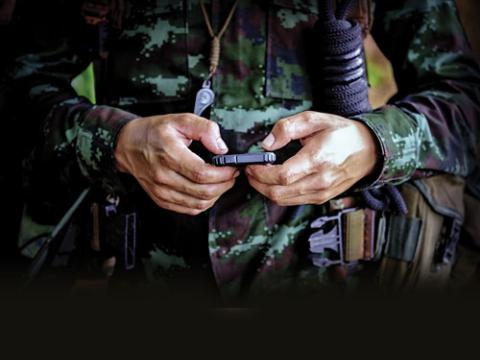

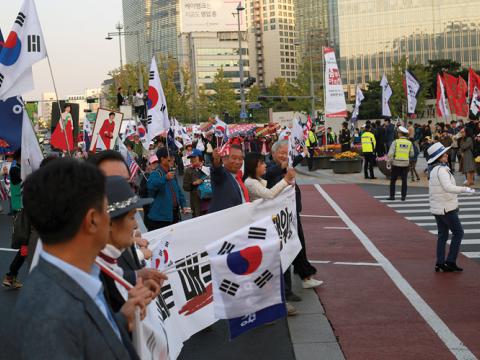
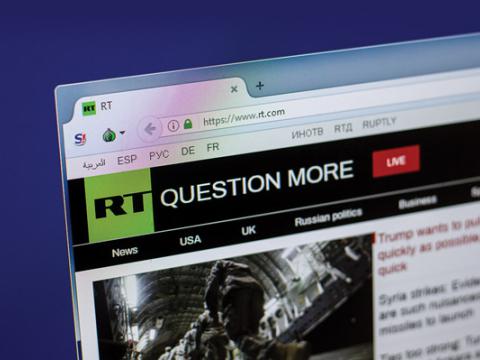
Comments